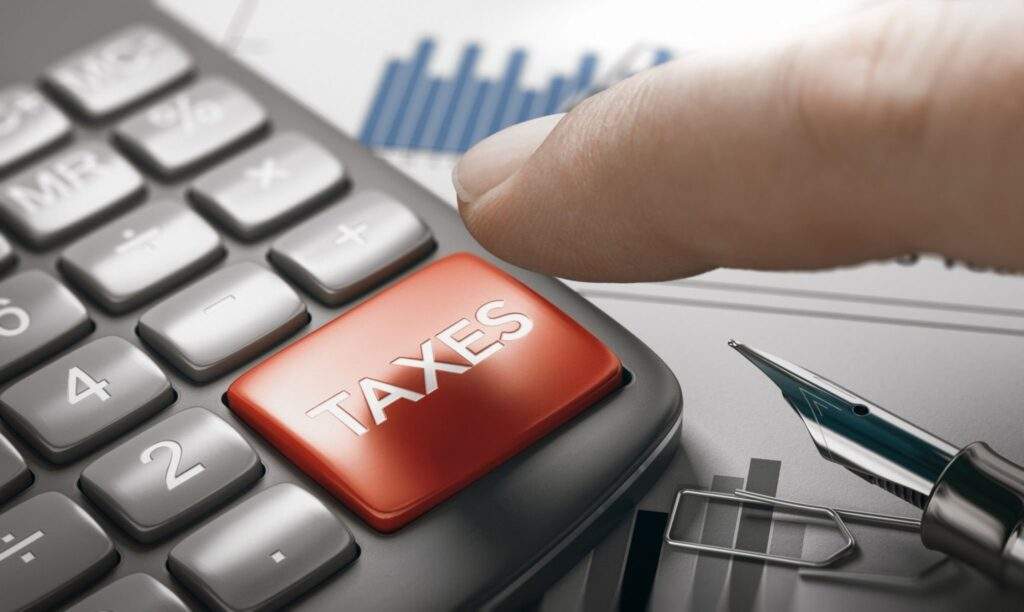
Taxes are an important and unavoidable part of life, and understanding when to pay them is crucial. Paying taxes on time is essential for all individuals and businesses and an important responsibility for all citizens. Not only is it a legal obligation, but it also ensures that resources are available to fund important public programs.
Paying taxes is an important part of upholding our civic duty and ensuring our country is properly funded. However, it can be difficult to know precisely when the right time to pay taxes is.
Generally, taxes are typically due by April 15 of each year, but certain circumstances may require different deadlines. For those who cannot pay their taxes on time, the IRS allows for an extension, but this must be requested before the due date.
Taxpayers should also be aware of any applicable tax credits or deductions, as well as any applicable penalties for late payments. It is important to ensure that all taxes are paid on time to avoid any potential issues with the Internal Revenue Service. Taxpayers should keep accurate records of all payments and deductions to ensure that their taxes are filed and paid accurately.
Deadlines and consequences for late payments.

Taxpaying deadlines vary depending on the type of taxes owed, but in most cases, filing taxes is due by April 15th of each year. This is the deadline for filing federal income tax returns. When filing taxes, individuals and businesses should ensure that their information is accurate and up to date to avoid any potential issues or complications. Additionally, individuals and businesses should be sure to pay their taxes in full and on time to avoid any late payment penalties. The consequences of late payment can be severe, including hefty late fees and even criminal prosecution in some cases.
If you are self-employed or a freelancer, you may be required to make quarterly payments.
For those expecting a refund, paying early can help ensure that the refund is received quickly. If there is a balance due, however, it is usually best to wait until closer to the deadline to pay, as the IRS can charge interest on balances due. Additionally, if you are unable to pay your taxes in full by the April 15th deadline, you can seek an extension. This will give you until October 15th to file and pay any balance due without incurring interest charges.
For businesses, the deadline to file and pay taxes depends on the type of business and other factors. Businesses must not only file but also pay taxes on time to avoid any penalties or late fees. Additionally, businesses may have to pay Quarterly Estimated Taxes if their income is greater than certain amounts. Thus, it is important to stay informed about the filing and payment deadlines for taxes and plan to ensure that taxes are paid on time.
Paying taxes on time helps ensure that individuals and businesses comply with the law and helps the government fund essential services.
Being aware of the right time to pay taxes is key to avoiding costly penalties and fees. It is important to consult with a tax professional to ensure that you are on the right track and meeting all deadlines correctly.
Ultimately, taxes should be paid as soon as you can to avoid any penalties. Paying taxes on time is a smart choice and will help you stay on the right side of the law.




